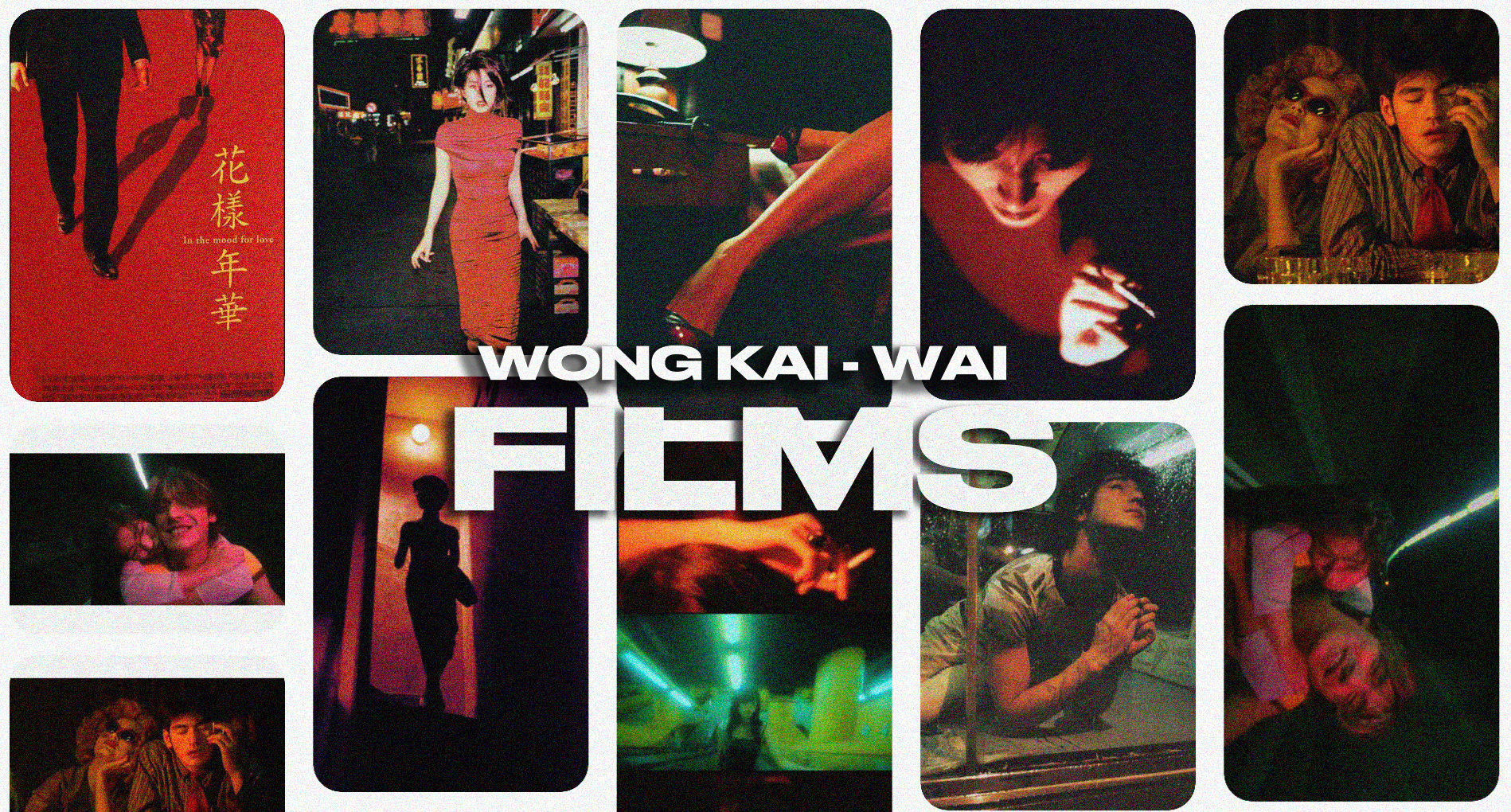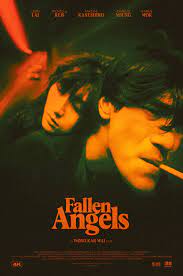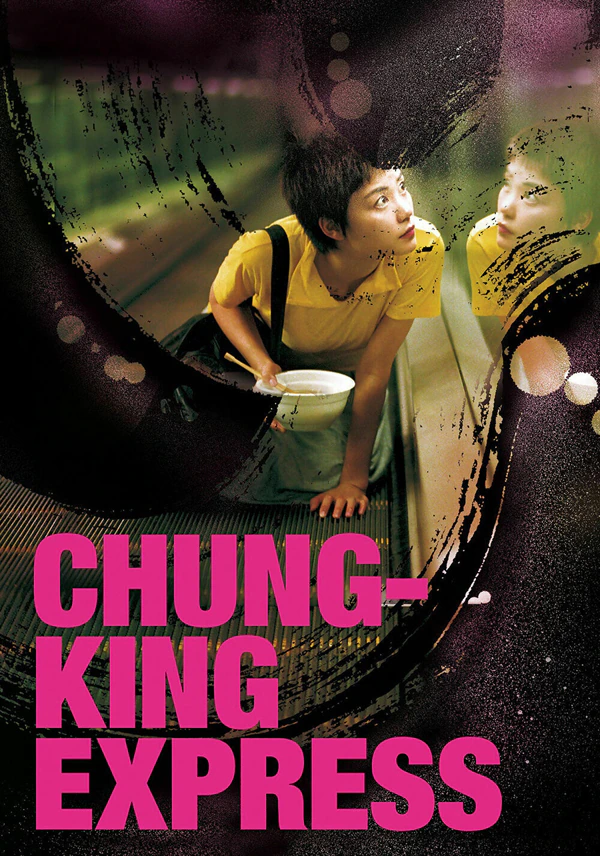
Introduction
Who is Wong Kar-Wai?
Why do I think he is so special in the world of movie making. Wong emerged from the creative bustles of the Hong Kong film industry of the 1980s. Which at its peak, was producing over 200 films a year.
Wong Kar-Wai never went to film school but began his career as a scriptwriter, primarily for the action films which would bring Hong Kong cinema to international attention
He is the grandmaster behind vibrant, dreamy, sensuous aesthetic of Asian cinema leaving viewers breathless and almost hypnotized by his films.
Below are just 4 of his most accredited films.

Fallen Angels
In the opening scene of Hong Kong filmmaker Wong Kar-wai’s 1995 romance-crime drama Fallen Angels, a woman working for a contract killer (Michelle Reis) hesitantly asks her business partner (Leon Lai) about the status of their working relationship. In response, the killer explains through voice-over narration, “partners should never get emotionally involved,” a statement that captures the cold sense of detachment that lingers throughout and between the nocturnal inhabitants that populate the film.
Directed by: Wong Kar-wai
Written by: Wong Kar-wai
Produced by: Jeffrey Lau
Bound within the confines of their melancholy world (as well as within the film’s warped anamorphic aspect ratio), they helplessly fall victim to fate, running into past co-workers, old lovers, and partners whose comforting presence comes inevitably sealed with an expiration date. The film follows these individuals as they wander the night, attempting to navigate the labyrinth of both their neon-tinged surroundings and their relationships, whether they be professional, familial, or romantic.

Fallen Angels
In his sensitive comedy-drama “Chungking Express” (1994), director Wong Kar-wai uses stunning visuals, layered dialogue, and a unique narrative structure to challenge the boundaries of time and the imagination. It is undeniable that Wong’s film is breathtaking; some may even argue that it borders on the creation of its own cinematic genre. However, despite its revolutionary vision, Wong's excessive abstraction often renders his film aimless and ungrounded.
Directed by: Wong Kar-wai
Written by: Wong Kar-wai
Produced by: Jeffrey Lau
“Chungking Express” is structured around two consecutive stories which both follow post-breakup cops’ encounters with mysterious strangers. Though thought-provoking, this unique narrative structure often does more to obscure than to illuminate. The first story focuses on a cop named He Zhiwu (Takeshi Kaneshiro) who, devastated following a break-up, seeks new love and meets a mysterious woman in a blonde wig (Brigitte Lin) at a bar. The second story, which follows a cop referred to simply by his badge number 663 (Tony Chiu-Wai Leung), details his enigmatic relationship with a restaurant worker named Faye (Faye Wong).

In the Mood for Love
They are in the mood for love, but not in the time and place for it. They look at each other with big damp eyes of yearning and sweetness, and go home to sleep by themselves. Adultery has sullied their lives: his wife and her husband are having an affair. "For us to do the same thing," they agree, "would mean we are no better than they are." The key word there is "agree." The fact is, they do not agree. It is simply that neither one has the courage to disagree, and time is passing. He wants to sleep with her and she wants to sleep with him, but they are both bound by the moral stand that each believes the other has taken.
Directed by: Wong Kar-wai
Written by: Wong Kar-wai
Starring: Maggie Cheung
Tony Leung
You may disagree with my analysis. You may think one is more reluctant than the other. There is room for speculation, because whole continents of emotions go unexplored in Wong Kar-wai's "In the Mood for Love," a lush story of unrequited love that looks the way its songs sound.

2046
Directed by: Wong Kar-wai
Written by: Wong Kar-wai
Starring: Tony Leung Chiu-wai
Gong Li
"2046," Wong's new film, is an indirect, oblique continuation of the earlier one. It stars Tony Leung as Chow Mo Wan, also the name of his character in "In the Mood for Love," and there is a brief role for Maggie Cheung, his co-star in that film; they are not necessarily playing the same characters. There was also a room 2046 in the other film, so there are subterranean connections between the two, but they operate something like the express train to the year 2046 in this one: All memories are there in the future, we are told, but no one has ever returned.
No one, except for the narrator, who tells us about it. We gather that "2046" is the name of a science fiction novel being written by Chow. It is also the room next to his in the hotel where much of this movie takes place -- a room lived in by a series of women he loves. Not coincidentally, 2046 is also the year set by China for the expiration of Hong Kong's quasi-independence from the mainland. Does that make the movie "2046" a parable about Hong Kong?